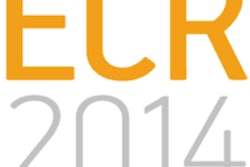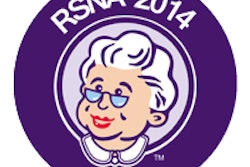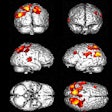PET/CT scans can indicate whether a treatment drug is able to clear tuberculosis (TB) lung infection, according to researchers at the University of Pittsburgh School of Medicine and their international collaborators.
The findings were published online in Science Translational Medicine (December 3, 2014, Vol. 6:265, pp. 265ra166) and indicate an animal model can correctly predict which experimental agents have the best chance for success in human trials.
JoAnne L. Flynn, PhD, professor of microbiology and molecular genetics at the Pitt School of Medicine, and her National Institute of Health (NIH) collaborators, led by Clifton E. Barry III, PhD, performed PET/CT scans in TB-infected humans and macaques.
Humans and macaques had very similar disease profiles, and both groups had PET hot spots of TB in the lungs that in most cases improved after drug treatment. CT scans also indicated post-treatment improvement. One patient had a hot spot that worsened, and further testing revealed his TB strain was resistant to linezolid, the researchers found.
The findings show a macaque model and PET scanning can better predict which drugs are likely to be effective in clinical trials; the scans also could be useful as a way of confirming drug resistance, according to the researchers.
The team plans to use this PET scanning strategy to determine why some lesions don't respond to certain drugs and to test candidate anti-TB agents.
The study team also included researchers from the Children's Hospital of Pittsburgh; the National Institute of Allergy and Infectious Diseases; the International Tuberculosis Research Center in Changwon, South Korea; the Rutgers New Jersey Medical School; the Frederick National Laboratory for Cancer Research; Yonsei University College of Medicine in Seoul; and the University of Cape Town in Rondebosch, South Africa.
Funding for this study was provided by the National Institute of Allergy and Infectious Diseases, the National Cancer Institute, the Ministry of Health and Welfare in South Korea, and the Bill and Melinda Gates Foundation.




















